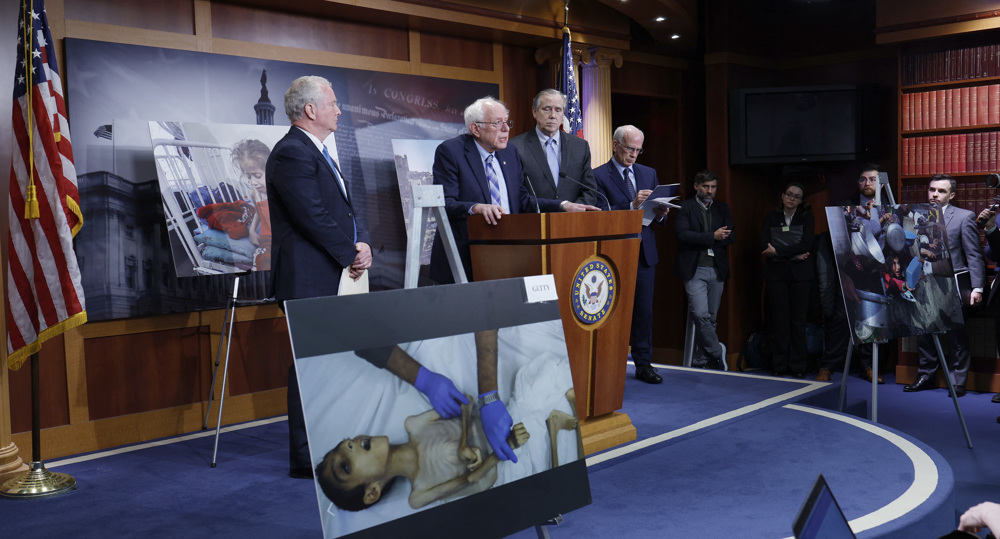US warns Israel against deepening business ties with China
The United States has warned Israel, a staunch ally in the Middle East, against deepening business ties with China, citing “security implications.”
In its latest military budget bill, the Senate warned Israel not to allow China to run the port of Haifa, a long-time docking point for the US Sixth Fleet and a place where joint American-Israeli drills have been held.
The Shanghai International Port Group, which has signed a deal with Haifa, is slated to operate its port for 25 years, beginning in 2021.
“The United States has an interest in the future forward presence of United States naval vessels at the port of Haifa in Israel but has serious security concerns with respect to the leasing arrangements of the port of Haifa,” according to a draft text of the 2020 National Defense Authorization Act.
Washington also urged “Israel to consider the security implications of foreign investment in Israel,” which has awarded several key infrastructure contracts to Chinese companies.
The bill was passed on Thursday by the Senate Armed Services Committee and it is likely to pass a full Senate vote.
Last year, US officials warned the Israelis that “the United States could not be friends with a country for which China was building ports.”
Dealings with China have had repercussions for Israel in the past too. During the administration of former President George W. Bush, the strategic dialogue with Israel was suspended for three years until Tel Aviv agreed to allow Washington to review any Israeli military sales to China.
Mark Dubowitz, the director of the Foundation for the Defense of Democracies, a pro-Israel think tank, reacted to the new deal on Twitter, saying, “This is serious and Israel’s strongest supporters are losing their patience.”
This comes amid an ongoing trade war between the US and China, the world’s two major economic powers.
President Donald Trump initiated the trade war with China last year, when he first imposed unusually heavy tariffs on imports from the country. Since then, the two sides have exchanged tariffs on more than 360 billion dollars in two-way trade.
Beijing and Washington have held talks to settle the issue, but to no avail so far. Their latest round of trade negotiations ended earlier in May without conclusion.
VIDEO | 85% of Yemeni displaced people face daily hunger crisis
US House passes bill targeting charities and pro-Palestine groups
VIDEO | Supporting Gaza genocide
Hezbollah attacks Israeli forces after Lebanese homes blown up
World leaders, states hail ICC arrest warrants for Netanyahu, Gallant
MP: US accountable for possible Israeli 'foolishness' to attack Iraq
VIDEO | Israeli policies strangle Palestinian agriculture, economy
Iran's president offers condolences to Pakistan over terrorist attack













 This makes it easy to access the Press TV website
This makes it easy to access the Press TV website